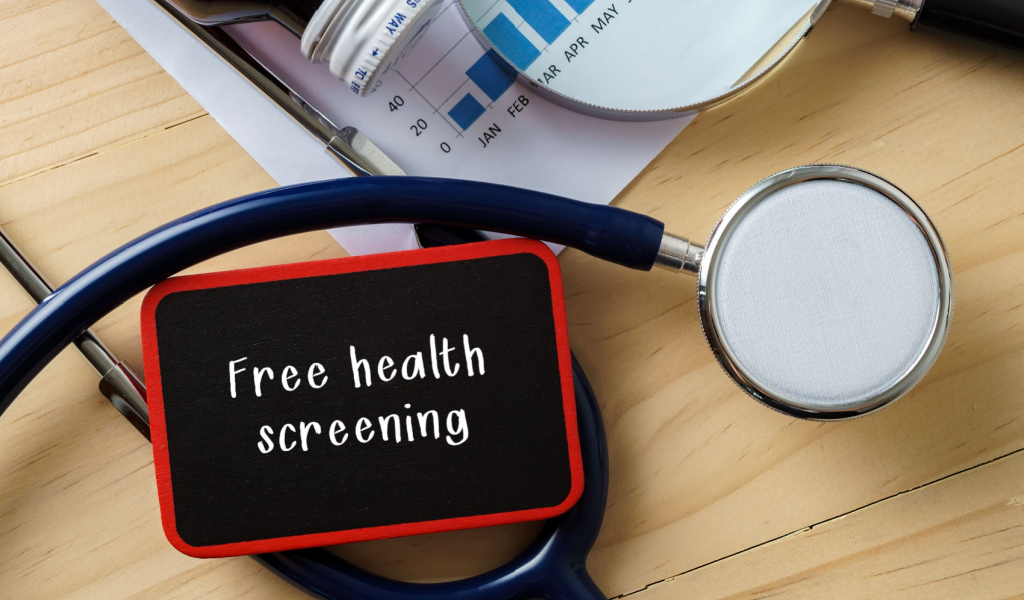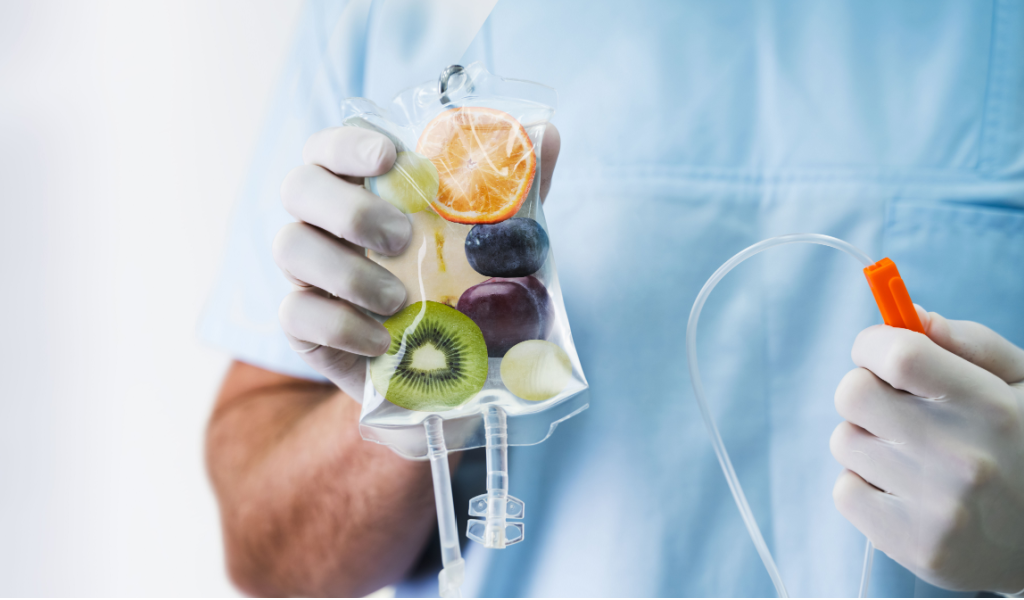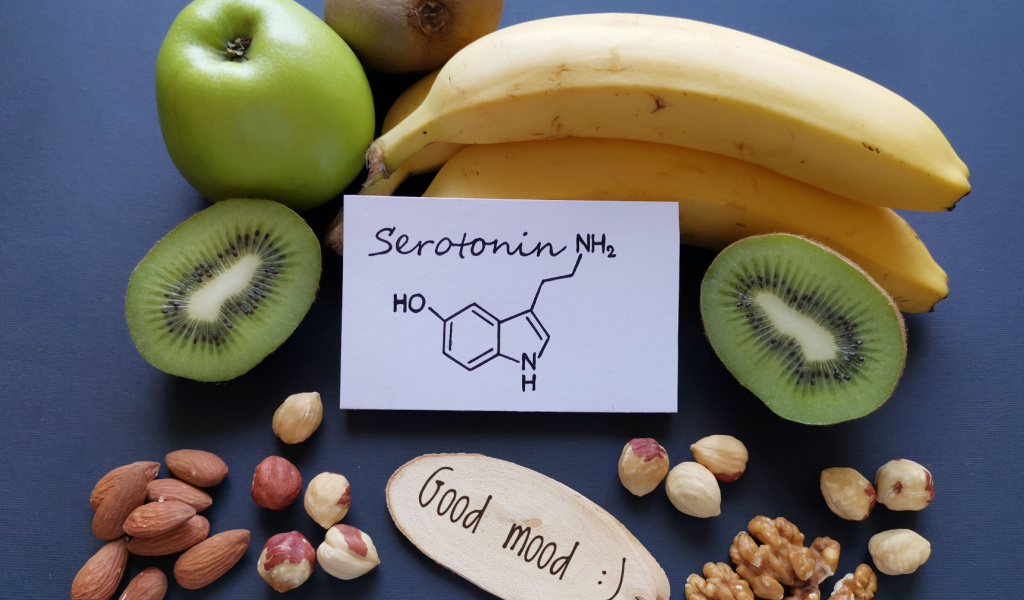Cancer is one of the leading causes of deaths from chronic illness in South Africa. Each year, about 80,000 persons die from this disease. For every 8 women and for every 6 men in the country, one is at risk of for cancer. Environmental exposure to cancer-causing agents or carcinogens and unhealthy lifestyles are major risk factors in the development of cancer. Since lifestyle is modifiable, a principal strategy in cancer prevention involves education on what constitutes a healthy lifestyle.
Cancers of the lung, esophagus, female cervix, breast, liver, colon, prostate, stomach, pancreas and blood (leukemia) are the top ten causes of deaths due to cancer in South Africa. Lung cancer has the highest prevalence among men, while cancer of the cervix is the most common among women. Studies show that unhealthy diets, alcohol consumption, smoking, inactivity and unsafe sexual practices are strongly associated with these types of cancer.

Nutrition plays a role in cancer prevention since a diet rich in fiber, vitamins and minerals promote a healthy body and boost immune system function against the effects of carcinogens. However, with today’s fast food diet high in calories, cholesterol and preservatives, many South Africans do not get the nutrients they need. Coupled with a sedentary lifestyle, this kind of diet also promotes obesity which interferes with hormone and growth factor regulation increasing the risk for many types of cancer, notably of the breast and colon. The lack of fiber hampers regular bowel movement necessary for the elimination of carcinogens from the gut.
About one-third of cancers are the effect of smoking since tobacco contains various chemicals proven to be carcinogenic. Further, smoking combined with alcohol consumption significantly brings up the risk of cancer. Among its many effects, alcohol interferes with hormone regulation, acts to make the absorption of carcinogens in the body easier, damages the liver and digestive tract, and prevents the absorption of folate and other vitamins.

Among women, unsafe sexual practices are a major risk factor for cervical cancer. Unprotected sex, especially with multiple partners, increases the chances of acquiring viral infections, particularly with human papillomavirus (HPV), which promote cervical malignancy.
What then constitutes a healthy lifestyle for cancer prevention?
- Engage in 30-60 minutes of moderate or vigorous physical activity each day. Walking, gardening, bicycling, running, housework, climbing stairs, swimming or dancing potentially decreases colon and breast cancer risks by about 30%.
- Achieve and maintain an ideal body weight through a healthy diet combined with ample physical activity.
- Limit alcohol intake to 2 drinks daily if you are male and 1 drink daily if you are female.
- Smoking cessation is a must. Consult a physician on ways to gradually counter nicotine addiction.
- Finally, although HPV vaccines are now available, the primary prevention for cervical cancer is still the use of adequate barrier protection, such as with condoms, during sexual activity.
- Adopt a low-fat diet with plenty of fruit and vegetable servings and with an adequate, but not excessive, amount of proteins. Avoid processed foods and fast food as much as possible.



